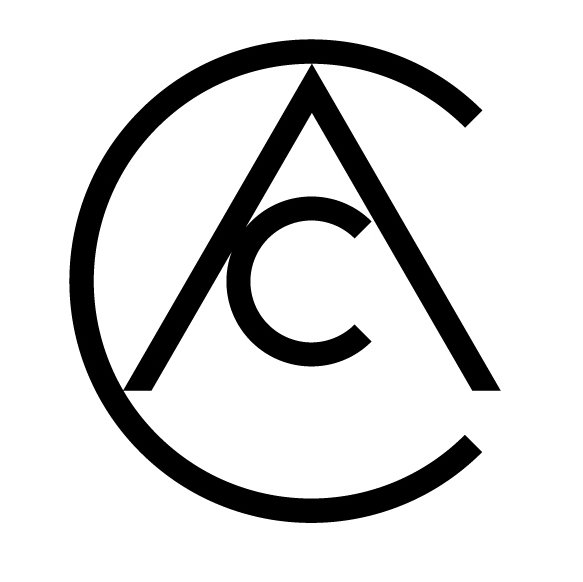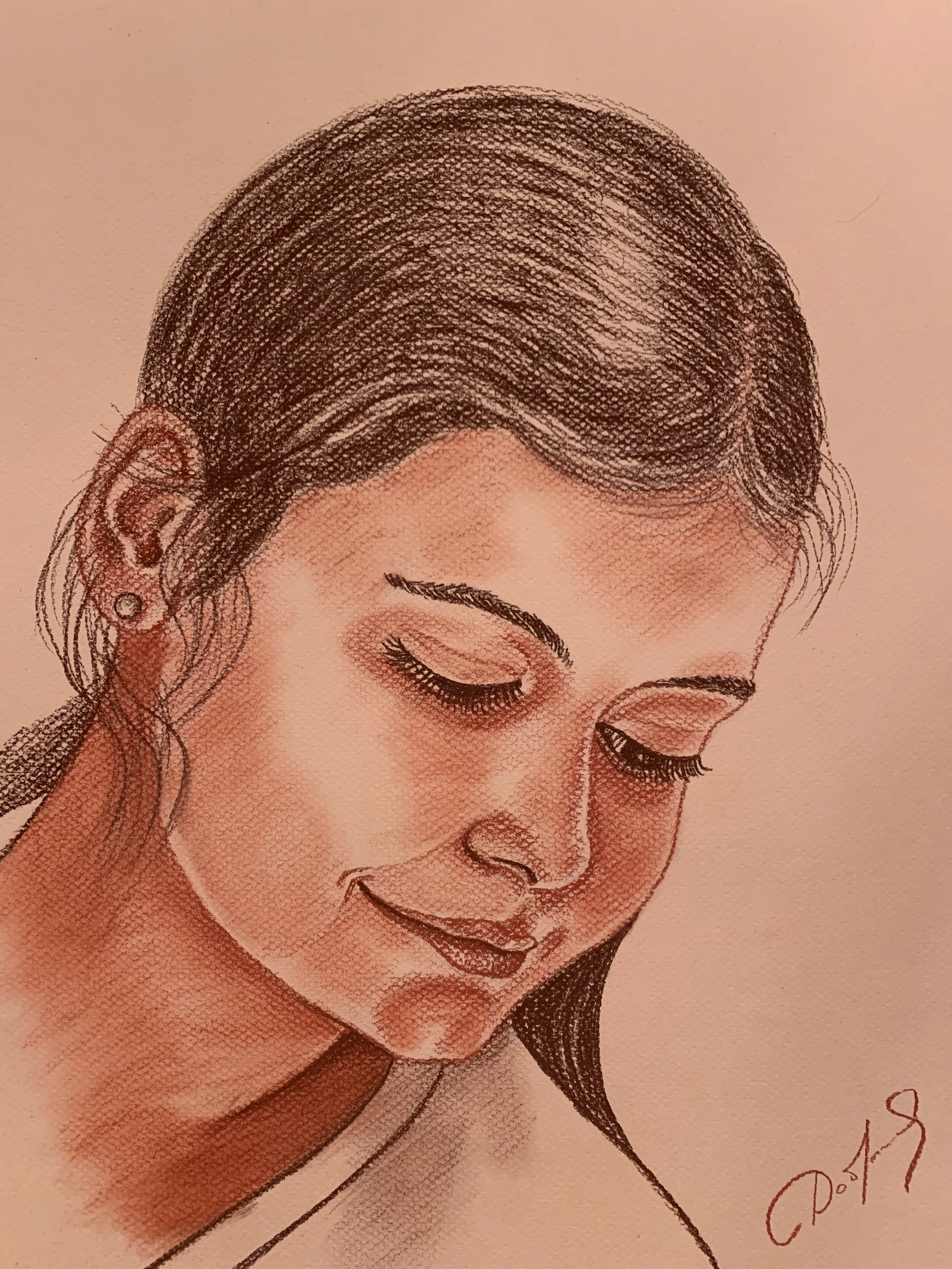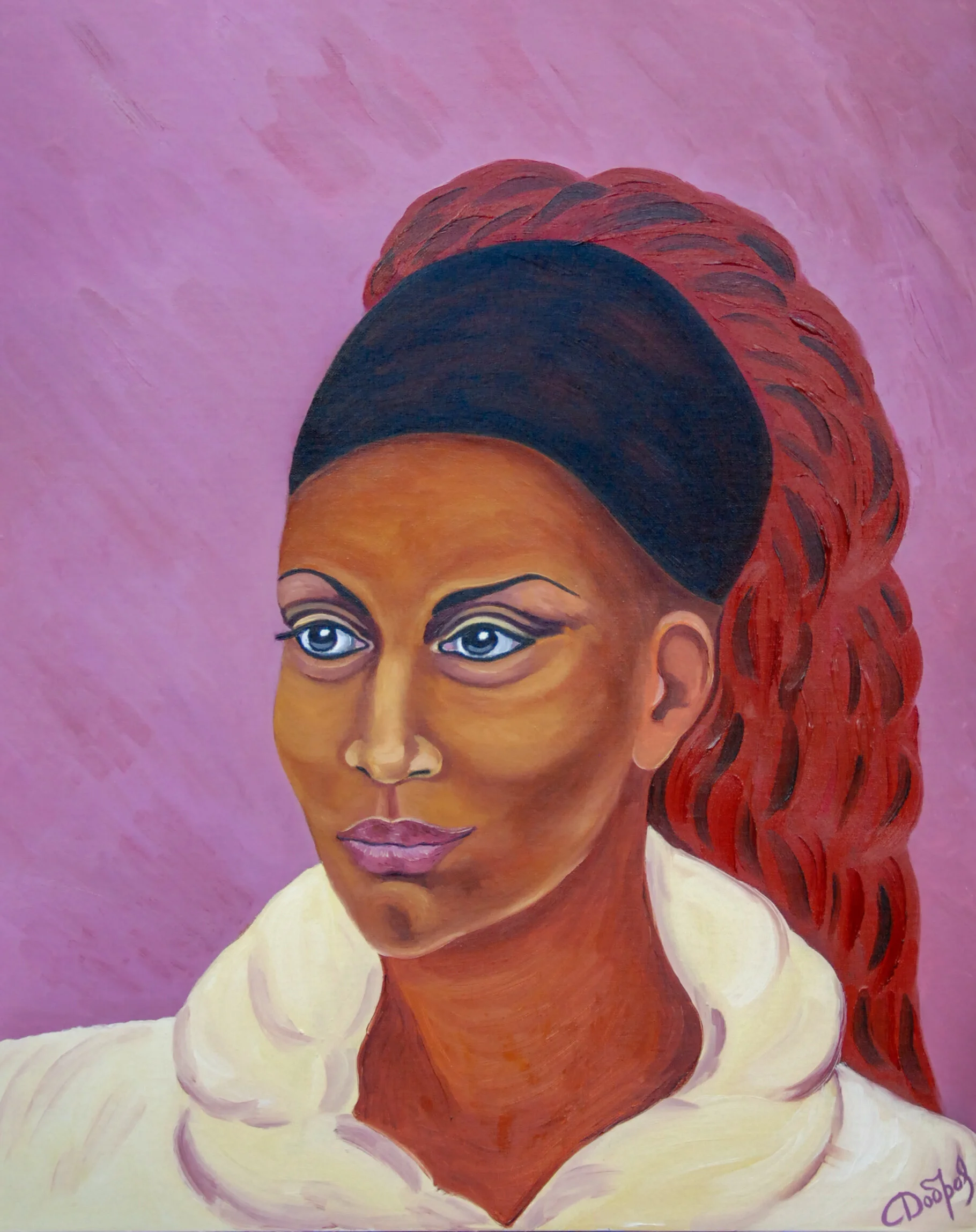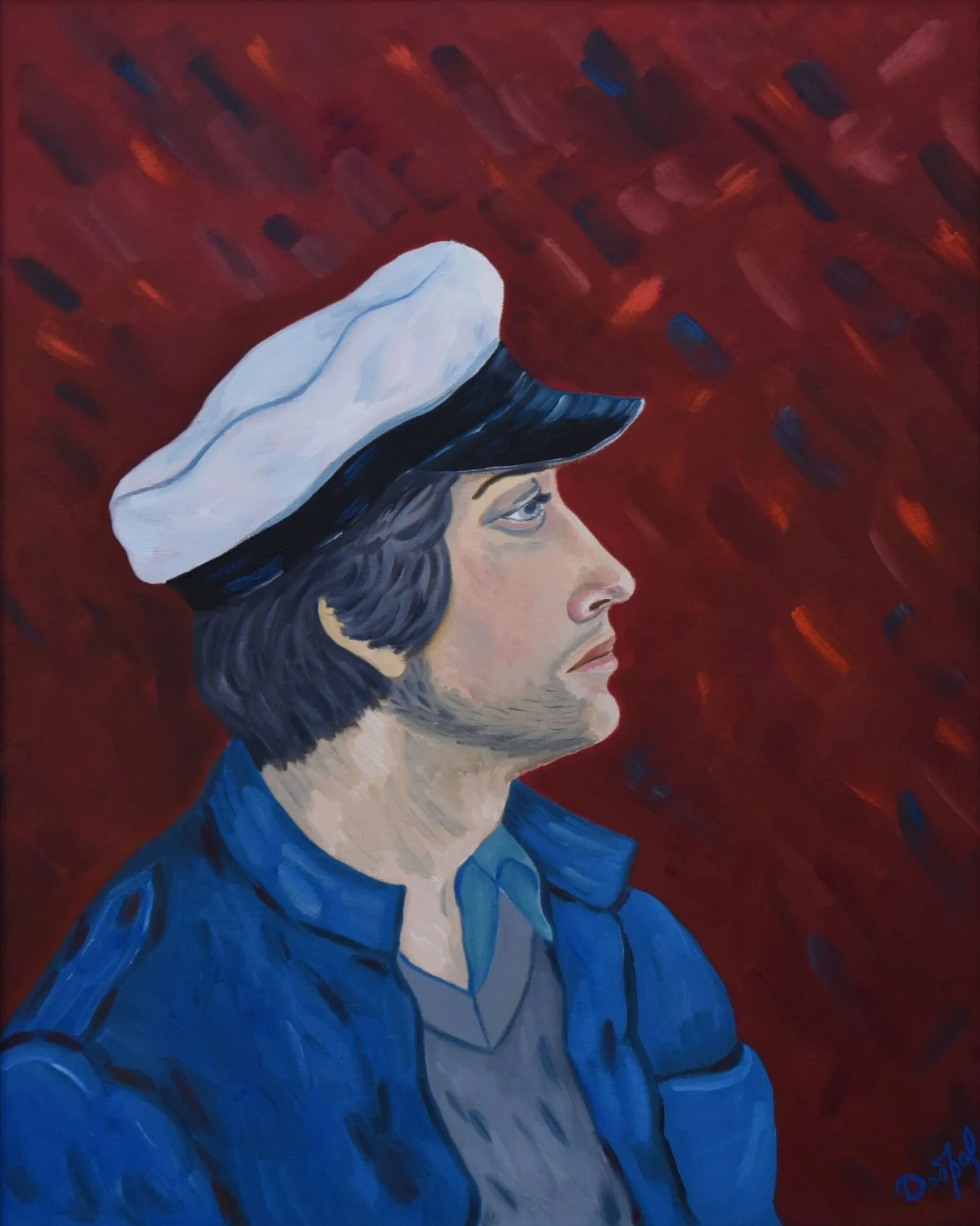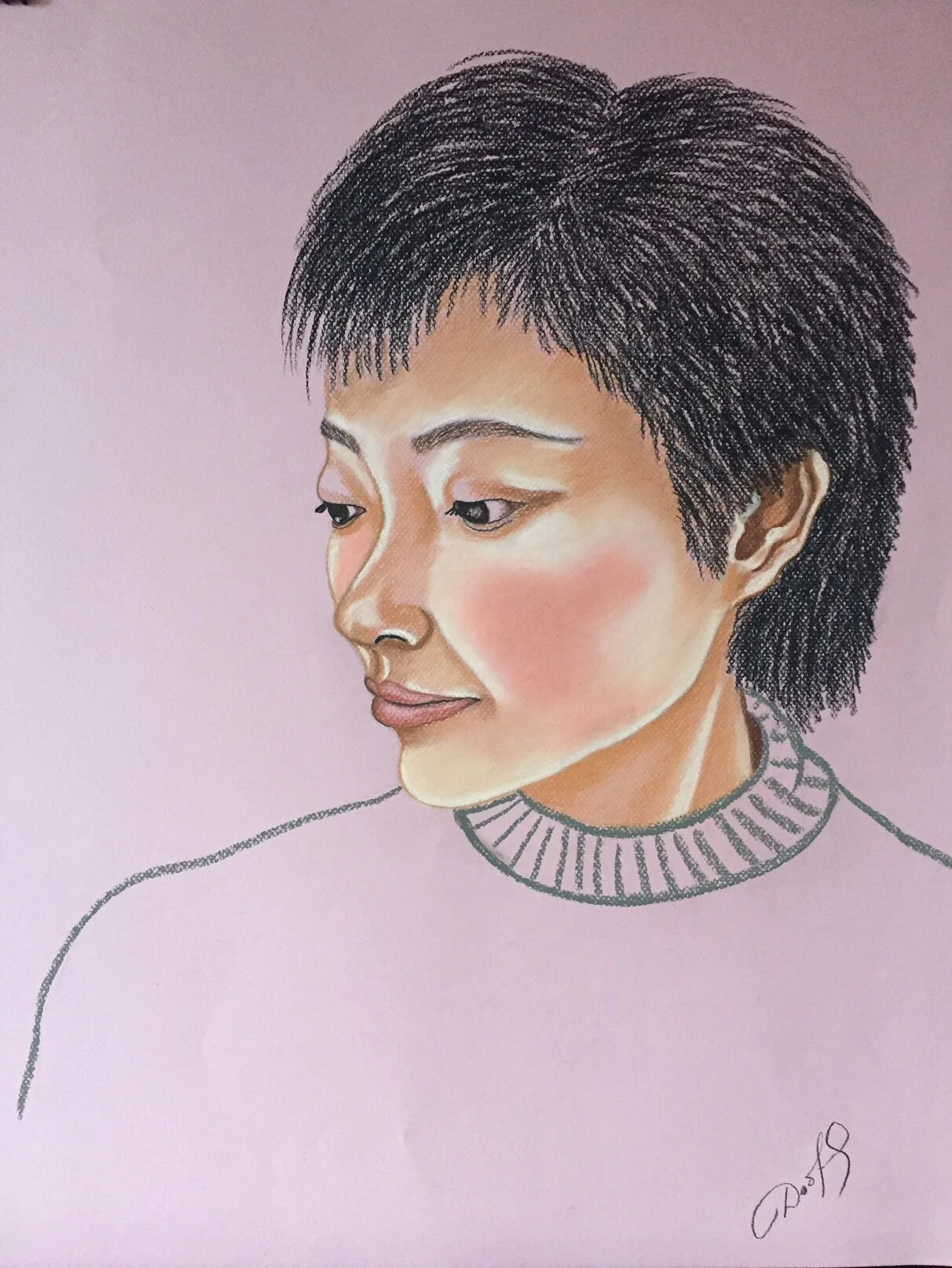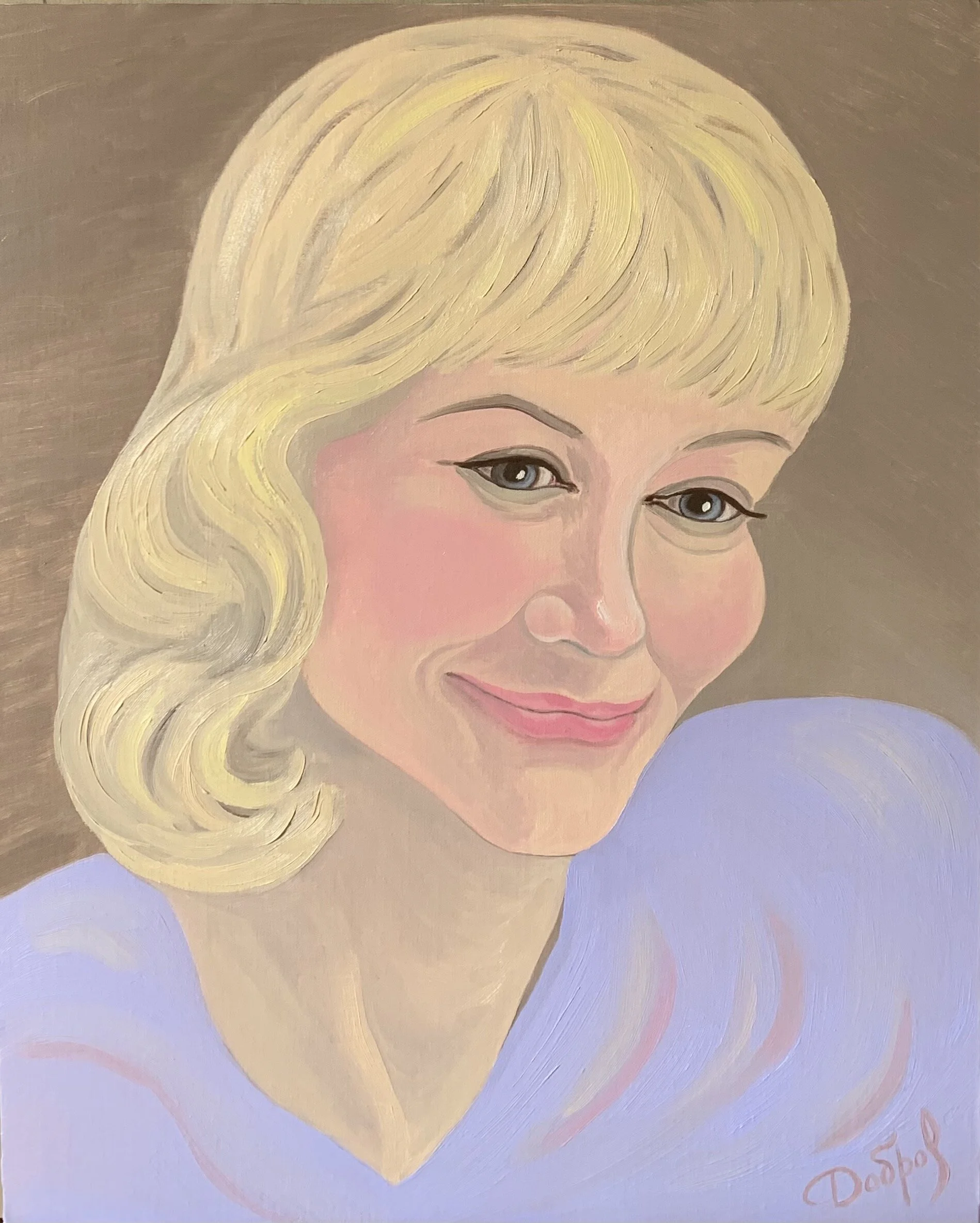Interview with Elena Dobrovolskaya
Elena Dobrovolskaya is a New York-based Russian-trained artist working in Contemporary Realism style primarily in oil and pastel. She exhibited broadly in the US and Europe, including New York, London, Paris, Lisbon, Venice, Rome, and Milan. Elena was awarded International Prize “Artist of the Year 2019” during Mantova ArtExpo in Italy, Velasquez Prize in Barcelona, and Leonardo da Vinci Prize in Florence in 2020.
Her art was published in French, Italian and British magazines (House&Garden, GQ, Aesthetica) as well as in “We Contemporary 2019” art volume in Italy, “50 artists to invest in” art catalog in 2020 and “Trends in Art: Insights for Collectors” in Great Britain in 2021. She has already found her own style – her oil portraits are vibrant, colorful, and very feminine, delicate, romantic and sexy, modern and classical at the same time. Italian curator Dr. Salvatore Russo describes Elena’s art “as emotional and exciting”. Elena’s first Solo portrait exhibition took place in March 2021 at the Artifact Gallery in Manhattan, New York, with a great viewer’s appreciation. Elena Dobrovolskaya received a personal invitation from the President and Founder of Florence Biennale Dt. Pasquale Celona to participate in Florence Biennale XIIIth edition in October 2021.
What first prompted you to think of becoming an artist?
I remember I started to draw very early and at the age of six I could copy the book illustrations rather well. It was a good eye and hand training. Next four years I studied at the music school and was too busy playing piano to attend some drawing classes. But when I was 11 years old, I went to the art studio where I have got my first art education and knowledge about shape, volume, light and shadows, perspective and proportions. I was drawing during all my school years but unfortunately didn’t choose art as my profession. I became a chemist like my mother, then worked in travel business for 15 years. So it was a long-long gap, before I decided radically change my life and return to my passion for art in 2010.
What kind of an artist do you ultimately see yourself?
During last 10 years I was painting in oil only, have never even tried acrylic. In spite of it’s long process, oil gives an artist the endless opportunities and a depth of painting which is especially important in portraiture. I also like to draw portraits using an old technique of sanguine and sepia. These materials bring natural warmth to the skin tone. Usually I mix them with soft pastel for cloth and accessories, sometimes for hair, to add some color and make the portrait more vibrant and visually interesting. So I am a figurative artist working in contemporary realism style and would like to develop my art skills in this direction.
What are you hoping to communicate to the viewer through your work?
I am a realist, it means I am drawing and painting a real objects and people around me. I see my task as an artist to find beauty in our everyday life and to show it to the viewers in my artworks, adding a little bit of my personal touch. There is a whole artist’s life inside this “little touch” – his thoughts, his experience, his taste and his vision. As a result the real life picture looks different in different art works, which is marvelous. When I was running my travel company a few years ago, our slogan was “Beauty is in details”. Now I can restate it as my artist’s credo.
Can you explain the process of creating your work?
Sometimes a new painting starts in my dreams... Anyway I am thinking about it a lot before I start to paint – about the model, the pose, the composition and accessories.
I like to work with the models in my studio, it brings absolutely different energy and concentration than working with a reference photo. And if I know the person, I keep in mind her or his life story when I am painting, it helps me to create the right mood of the portrait.
I am classically trained artist so my process always starts with the drawing, it’s a very important part for me. Then I am painting the portrait in shadows making a grisaille like old masters did. Sometimes I would like to stop here, on this stage, it looks so graphical and expressive. The character is already here, you just should not lose it.
But then I go further and add the colors starting with the face and hair. Usually I am using two main colors in the portrait except the body tone itself, and I always carefully thinking about this color combination, it is also very important for me. The final oil portrait consists of many layers and usually takes a month of work.
What is your favorite part of the creative process?
Best of all I like the process of mixing colors on my palette and on canvas, it always mysterious to see how a new paint dissolves in live oil already existing on canvas and something new is coming up! I love this feeling, it’s very emotional for me.
Can you give us an insight into current projects and inspiration, or what we can look forward to from you in the near future?
I was invited to participate at the Florence Biennale XIII which I hope will be in October 2021 as scheduled. The theme of this Biennale is Femininity – how you can see it in modern times. It is a great theme, especially for me because I am painting a lot of women portraits. So currently I am working on this project – I already have an idea of what I would like to present (it will be a triptych) and I am looking for the right models and thinking about the details. I am so excited to have a possibility of exhibiting in beautiful Florence - one of my favorite cities, and to show my art during such a prestigious world art fair!
